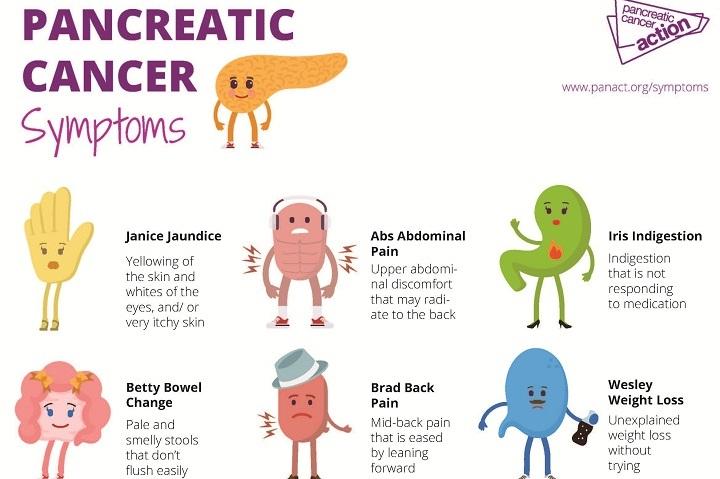
On This World Cancer Day (4 February), Cancer Focus Northern Ireland has announced a £300,000 investment in “pioneering” research into pancreatic and oesophageal cancers.
The two cancers are among the hardest to treat and have very low survival rates. The research will be carried out at Queen's University Belfast (QUB).
Dervilia Kernaghan, Head of Care Services at Cancer Focus NI told Cool FM that “immunotherapy has been successful in treating certain cancers such as lung and melanoma cancer”, and hopes to be able to apply such treatments with pancreatic and oesophageal cancers through the new funding.
Immunotherapy works by overcoming cancer cells' ability to hide from the body's immune system. It allows a patient's immune defences to identify and destroy cancer cells, but does not always work for everyone.
The UK has the highest rate of oesophageal adenocarcinoma in the world, which is a particular type of oesophageal cancer. The number of UK men with the disease has risen by half in the past 25 years. The normal treatment is a standardised course of chemotherapy to reduce the size of the cancer in preparation for surgery, but around 80% of patients experience no significant shrinkage before surgery.
RELATED: Artificial intelligence beats doctors at breast cancer diagnosis
Last year, QUB researchers helped to develop a new test to create a more personalised treatment for the illness. Oncologist Dr Richard Turkington - who is leading the research at Queen’s – said that “this new work will enable us to drive forward a new era of treatment. If successful it has the potential to save lives both here and across the world."
The rates of pancreatic cancer in the UK are also increasing, with it expected to become the second-leading cause of cancer-related death by 2030, overtaking breast and colon cancer. A 2019 survey by charity, Pancreatic Cancer UK revealed that Northern Ireland has a “worryingly low” knowledge of the disease, with 81% of participants unable to name a single symptom. It is one of the least survivable cancers in NI.
Dr Turkington continued: “Our researchers will work to understand why most pancreatic and oesophageal types of cancers are resistant to immunotherapy and identify which drugs can be used to help overcome this resistance so patients will respond positively to the treatment.”
Cancer Focus Northern Ireland has also launched the ‘Leave a gift in your will’ campaign, urging people to incorporate donations to cancer research funding that can be used even after they are no longer here. Dervilia added: “All of the money that is raised here and donated to us stays in Northern Ireland to support local patients who have cancer, or those that have been affected by it.”
RELATED: QUB researchers improve assessment of prostate cancer aggression
Common symptoms of pancreatic cancer include:
Stomach and back ache;
Unexplained weight loss;
Indigestion;
Changes to bowel habits, including floating faeces ;
Jaundice (yellow skin or eyes or itchy skin);
Feeling and being sick;
You may also develop symptoms of diabetes.

Symptoms of oesophageal cancer:
Difficulty swallowing;
Persistent indigestion or heartburn;
Bringing up food soon after eating;
Loss of appetite and weight loss;
Pain or discomfort in upper tummy.
RELATED: QUB researchers develop early test for ovarian cancer
Source: BBC News, Cool FM